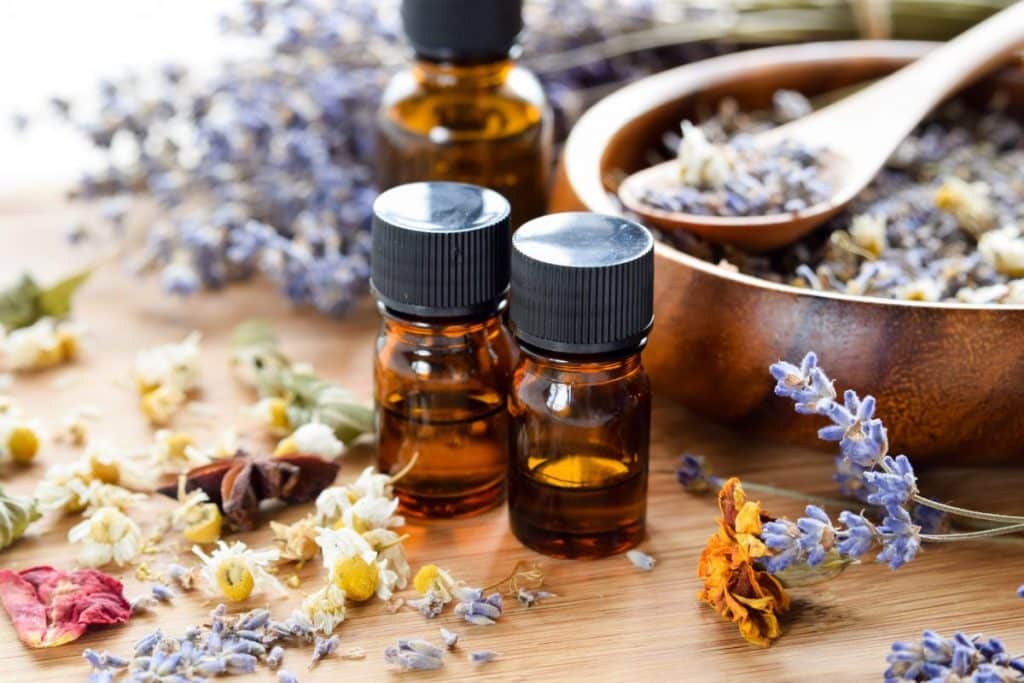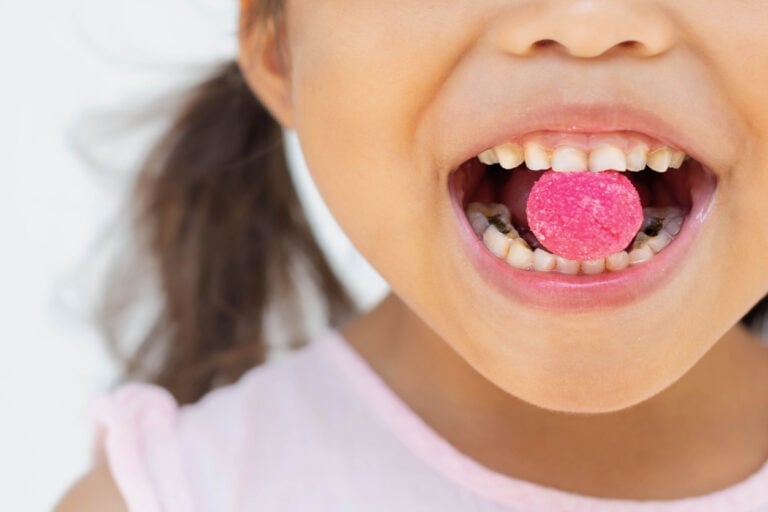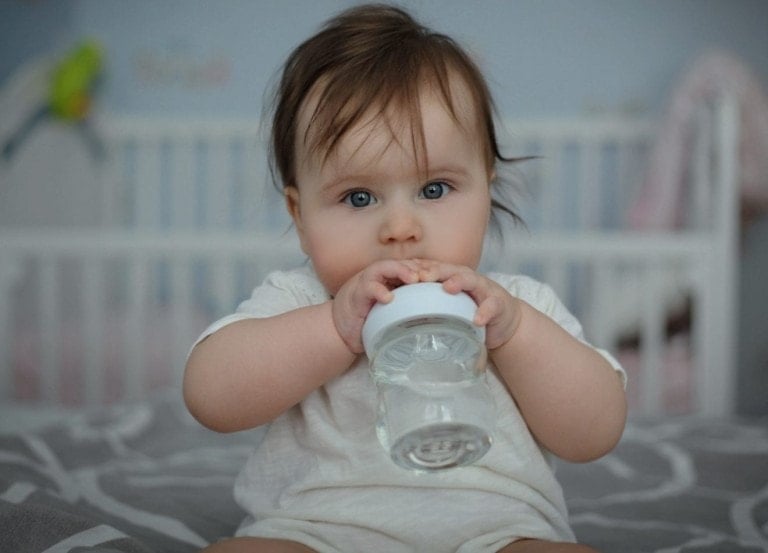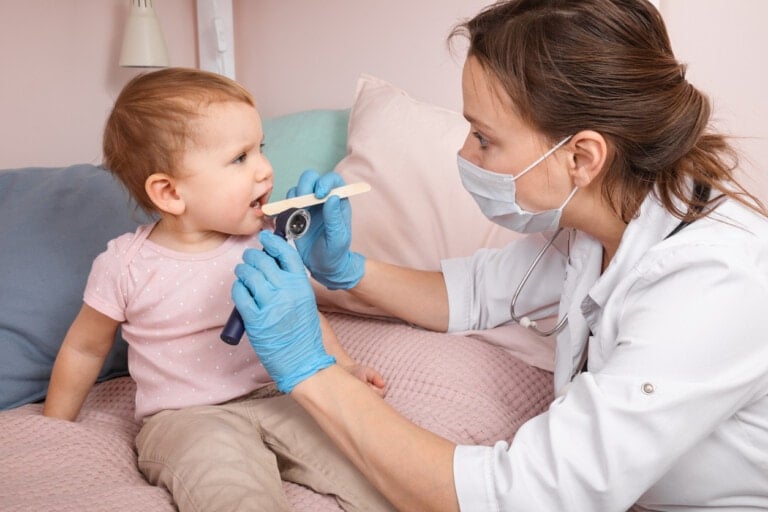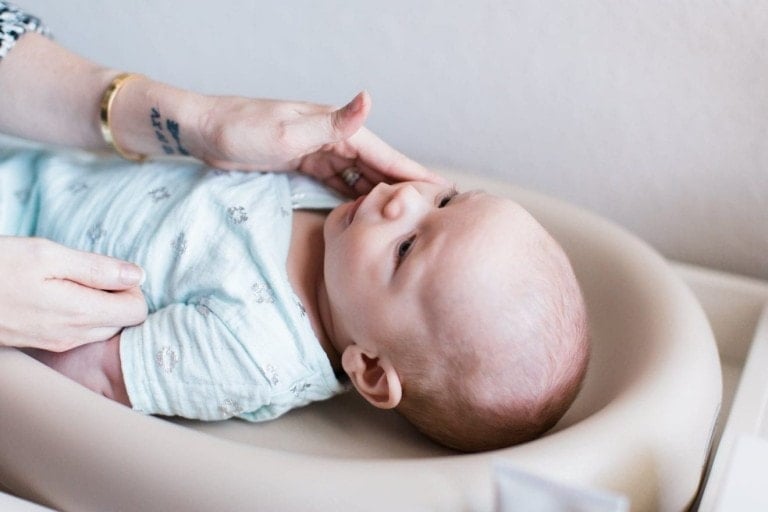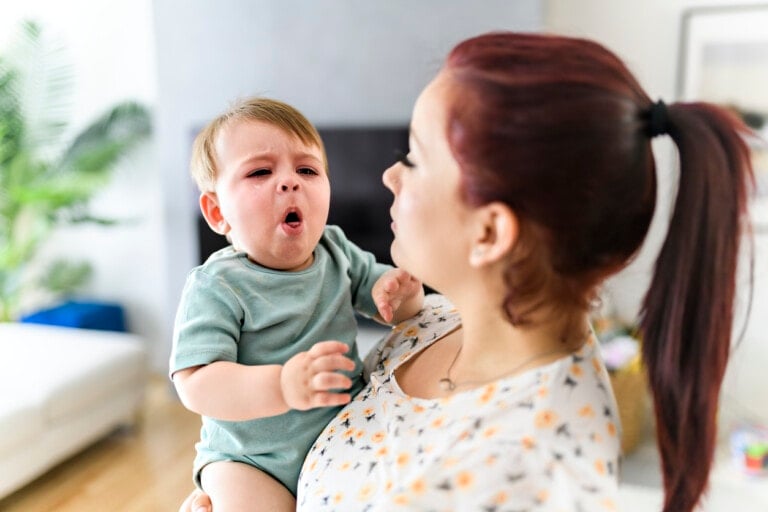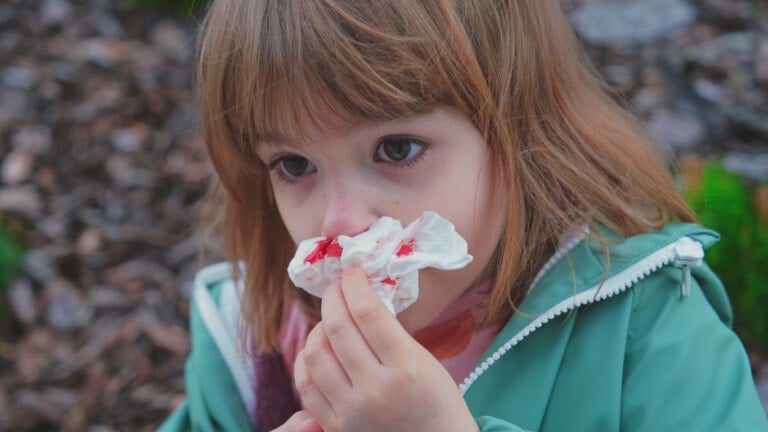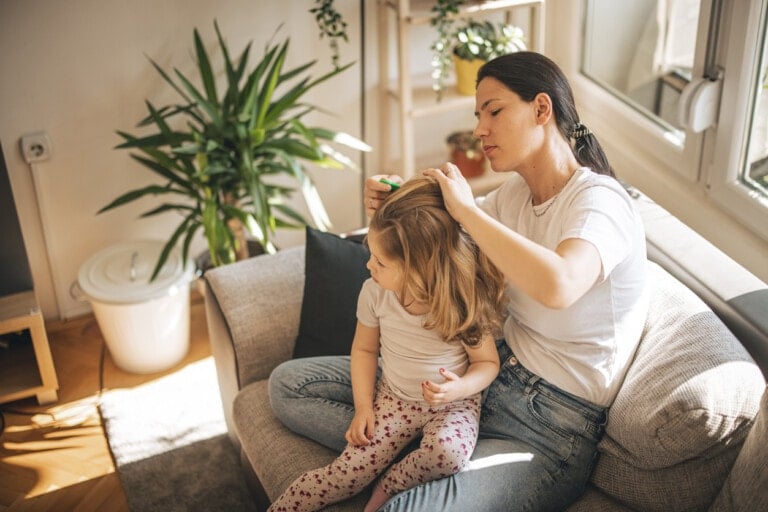The tradition of healing ourselves with natural plant-based remedies is as old as time, and for millennia, cultures worldwide have practiced herbal medicine. In addition, many believe it’s a preferable alternative to drugs, and essential oils have grown in popularity in recent years. Moreover, some marketing claims say they can help with everything from migraines to digestion. But what do you know about essential oils?5
Many of us hate filling our kids with drugs for every headache or sniffle they encounter. So this is a big part of why herbal remedies appear attractive to many people, and one thing that has become very trendy is using essential oils. Admittedly, initially, I thought it was all a bit kumbaya for me. “I’ve tried every drug for this migraine, but it will disappear if I rub oil on my temples?” But when you look into essential oils further, you will realize just how many uses they have. In addition, there is an essential oil for everything from aiding in relaxation and preventing hair loss to insect repellent.
However, while plant-based products may be appealing as an alternative medicine for our kids, there are some things you need to know before using them. And remember to always consult your pediatrician or healthcare provider before using any essential oils for children in any form.
9 Things Every Mom Should Know About Essential Oils
1. Not all essential oils are safe for children and babies.
Many people keep several essential oils at home, but not all are safe to use with children, and there isn’t enough research to know for sure. It’s best to limit the use of oils as aromatherapy to children older than three and only use ones that have been found to be safe through clinical studies and research, such as lavender, citrus, and ginger.1
Related: Are Essential Oils Safe for Babies and Kids?
What’s more, the book Aromatherapy for Babies and Children by Shirley Price lists 19 essential oils as safe to use for children and babies, including:
- Bergamot (Citrus bergamia)
- Cedarwood (Cedrus atlantica)
- Chamomile, Roman (Chamaemelum nobile)
- Cypress (Cupressus sempervirens)
- Frankincense (Boswellia carteri)
- Geranium (Pelargonium graveolens)
- Ginger (Zingiber officinale)
- Lavender (Lavandula angustifolia)
- Lemon (Citrus limon)
- Mandarin (Citrus reticulata)
- Marjoram (Origanum majorana)
- Melaleuca-Tea Tree (Melaleuca alternifolia)
- Orange (Citrus aurantium)
- Rose Otto (Rosa damascena)
- Rosemary (Rosmarinus officinalis)
- Rosewood (Aniba rosaeodora)
- Sandalwood (Santalum album)
- Thyme (Thymus vulgaris CT linalool)
- Ylang Ylang (Cananga odorata)
2. Essential oils are not oils.
They do not contain the fatty acids that constitute an actual oil. In concentrated form, they are extracts from plant material, such as leaves, flowers, seeds, and bark.2
3. Many oils are high in antibacterial, antifungal, and antiviral properties.
This makes them a great natural cleaner for your home. So, if you want to avoid harsh chemicals on surfaces your little ones will be touching, try adding some tea tree, lavender, or eucalyptus oil to your homemade cleaning preparations.3
4. There are essential oils that can lift your mood.
Lavender, peppermint, and chamomile all help produce happy, joyous moods. What’s more, diffusing them in the air at home is a great way to create a calming, happy atmosphere for you and your kids.4
5. Rosemary oil helps your brain perform.
Studies have shown that smelling rosemary oil can make you perform better on tests.6
6. Never use undiluted essential oils on the skin.
Essential oils should always be mixed with a carrier oil such as wax or butter. So, if you use an essential oil undiluted on the skin, you will likely irritate the skin. In fact, carrier oils include coconut oil, jojoba oil, olive oil, and sweet almond oil.7
7. Never use undiluted oils on children or babies.
Our kids have much thinner, more sensitive skin than we do. Therefore, it’s important to use an essential oil safe for children and diluted, often twice as much as you would dilute for an adult.2
8. Always do a patch test.
This should be done with both adults and children. So, mix three drops of essential oil with ½ tsp of carrier oil and rub it on the inside of your forearm. Then, leave it for a few hours, and if you experience a rash or itching, you likely are sensitive to that oil.2,7,8
9. Remember, you can have an allergy.
If you have an allergy to sage in food, you will also have an allergy to sage oil. So, it’s important to avoid any possible allergens, especially with kids.8
Though essential oils are produced from natural sources, they should still be used with care, especially with our children. So always keep them out of the reach of kids to prevent accidents.













